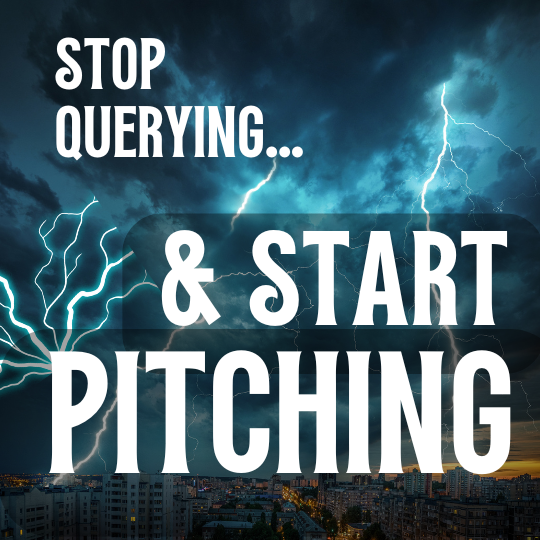When training a horse it turns out methods aren't as important as simply time spent doing it. Same thing goes with writing, IMHO. The more time I spend writing the better I become, and the more gets done. So this thread is about tips to avoid a block you feel coming on before it turns into a Titanic sized iceberg. Or how to get out of a stone cold block if you are frozen in one. If you have had an experience that got you back in the chair and writing please share. If you have anything to add please do. Share on this thread and you could be the hero that rescues someone else.
This is an interesting little video and you don't even have to have ADHD for it to be useful.
This is an interesting little video and you don't even have to have ADHD for it to be useful.



